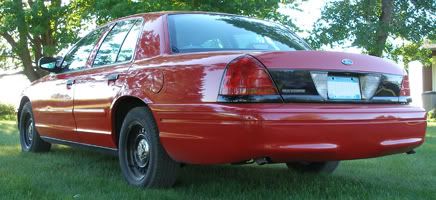i worked on an '87 ranger 2.3l years ago that had a hydraulic clutch but the throwout bearing itself was the save cylinder, no pushrod or lever or anything.
if it were me i wouldn't put a 5 speed in my wagon. i'd have a stout C6 with a gear vender overdrive if i did it my way.
if it were me i wouldn't put a 5 speed in my wagon. i'd have a stout C6 with a gear vender overdrive if i did it my way.





Comment